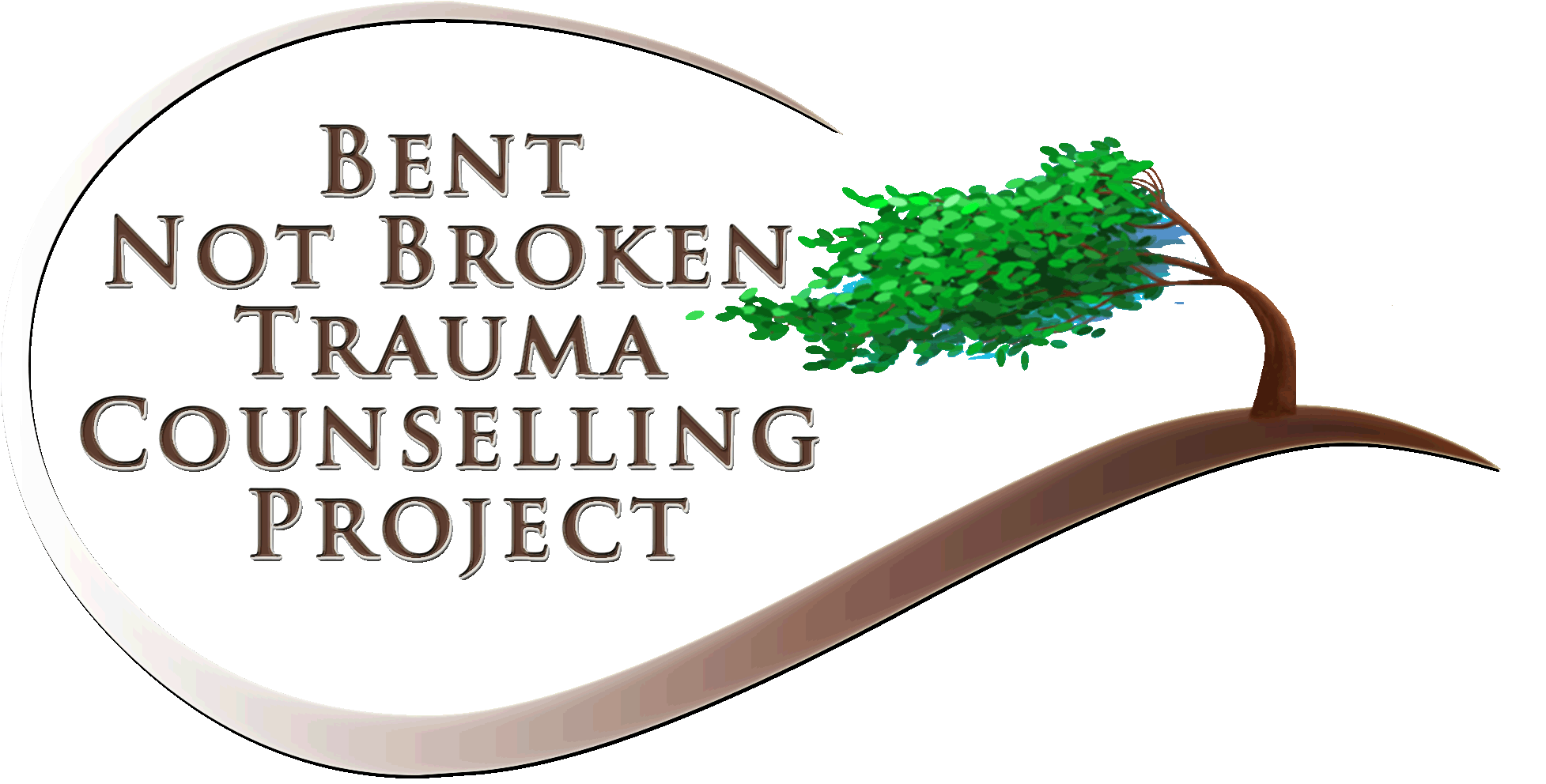How To Recover From A Traumatic Birth: Part 7 - Claim Your Autonomy
- Bent Not Broken Trauma Counselling Project

- May 29, 2022
- 3 min read
Updated: Jul 2, 2023
Recovering from birth trauma takes time and patience and so it can be very hard-going. The symptoms and consequences of having experienced a traumatic birth can be devastating and terrifying for some. There are many ways and techniques to learning to deal with the fall-out of trauma, and to manage the triggers, anxiety, hypervigilance and panic attacks, but it’s hard emotional work to learn to manage it all.

From the point of of view of what happened during your birth, especially if your memory is hazy, it may be useful to request a Birth Debrief from your care provider. A Debrief is not therapy. It's a meeting with a senior healthcare professional who will go through your notes with you so that you have absolute clarity around what happened and why.
You may find it helpful to inform yourself about various pregnancy and birth related topics so you are better informed. This can be useful whether you want to make a formal complaint or whether you are planning ahead for having another child.
The same applies to knowing your legal rights.
In terms of helping yourself recover psychologically and emotionally, there are a surprising number of resources out there. Generally speaking, many of these resources will work well for any causes of trauma so don't worry too much about looking for resources specific to birth trauma.
Everyone's brain is different and unique so finding out as many ways to help yourself is no bad thing. So, get out there, Google, ask people what helped them and investigate. What works for someone else might not float your boat, so find something that does. Experiment with all the different techniques and tools to see what your brain likes and responds to and what it does not. Some folk want to handle this by themselves, some find a therapist very helpful. There's no right way to go about this, only what works for you.

The takeaway point that is crucial for recovery is this:
Take your autonomy back and decide for yourself.
One of the strangest things about recovering from trauma and reclaiming autonomy is that it can feel almost like a grieving process. The link below is for one of the few articles that explores this idea in relation to birth trauma. It was written by Navel Gazing Midwife in 2008 but it is as pertinent now as it was then.
Have a particular look at the section about anger and blame. Very often women feel immensely angry with their birth partners or other people present at their births:
‘Why didn’t you stop them?’
‘Why didn’t you protect me like you are meant to do’
'I trusted you!'
Or, rather than expressing blame towards others, we often turn it in on ourselves.
‘It’s not his/her fault, it must be me. I’m the broken and weak one’
Acknowledge those feelings, allow yourself to remember the feelings of betrayal and abandonment, but then we have to find ways to let go of anger and blame.
We all do the best we can under stress. And, yes, sometimes our loved ones let us down. Often they are as traumatised as we are and we have to recognise that. If we don't, we risk becoming bitter.

Forgiving does not mean that what they did or did not do is suddenly OK. It means we are choosing to give them and ourselves a second chance to learn from the mistake. The big thing here is that sometimes the person we need to forgive the most is ourselves.

It's can seem very strange that working through concerns like grief, loss and forgiveness can give us back our autonomy, our sovereignty over our own body and mind. Yet, it can be incredibly powerful and healing to let go of these emotional burdens as part of birth trauma recovery.

Useful Links
Helpful Articles And Websites
ReWind Trauma Resolution Technique
EFT - Emotional Freedom Technique
Organisations
Series Links




Comments